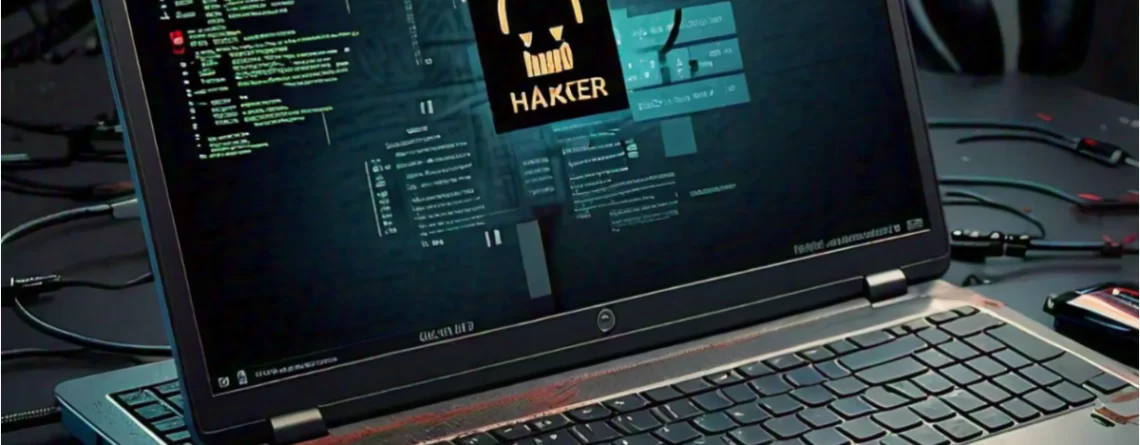Cybersecurity Tips for Everyday Users
In today’s digital world, cybersecurity is more important than ever for everyday users, as personal information, financial data, and online accounts are all vulnerable to cyber threats.
With hackers and cybercriminals constantly developing new ways to compromise data, following basic cybersecurity practices has become essential for staying safe online. While companies spend millions on enhancing their data, everyday users are vulnerable.
Implementing a few key habits can help protect against these risks. Everyday users can take proactive steps to safeguard their online lives, enhancing their personal privacy and security.
Here are some essential cybersecurity tips for everyday users to protect personal information and stay safe online:
- Beware of Phishing Scams
- Be cautious of unsolicited messages asking for personal info. Verify senders through official channels.
- Use Strong, Unique Passwords
- Create long, complex passwords for each account and avoid reusing them.
- Enable Two-Factor Authentication (2FA)
- Add an extra layer of security by using 2FA whenever possible.
- Be Cautious with Public Wi-Fi
- Avoid accessing sensitive information (e.g., banking) on unsecured public Wi-Fi.
- Keep Software Updated
- Enable automatic updates on devices and apps to patch security vulnerabilities.
- Use Antivirus Software
- Install reputable antivirus software and run regular scans to protect against malware.
- Regularly Back Up Your Data
- Use external drives or cloud storage to back up important files, ensuring you won’t lose data if compromised.
- Secure Your Home Wi-Fi
- Change the default router password and enable encryption to protect your network.
- Limit Personal Information Sharing
- Be cautious about sharing personal details like address or phone number on social media.
- Lock Your Devices
- Set PINs, fingerprints, or facial recognition locks on devices and enable remote wipe if lost or stolen.
- Avoid Clicking Unknown Links or Attachments
- Don’t click on links or attachments in unsolicited messages; they may contain malware.
- Use Secure Websites
- Check for “https” and a padlock icon in the URL when entering personal info online.
- Review App Permissions
- Regularly check app permissions and limit access to sensitive information when not needed.
- Log Out of Accounts When Not in Use
- Log out of important accounts, especially on shared or public devices.
- Encrypt Sensitive Files
- Use encryption tools to protect sensitive documents like financial records or legal files.
By practicing these cybersecurity tips, you can reduce the risk of cyber threats and keep your personal data safe.












Leave a Reply